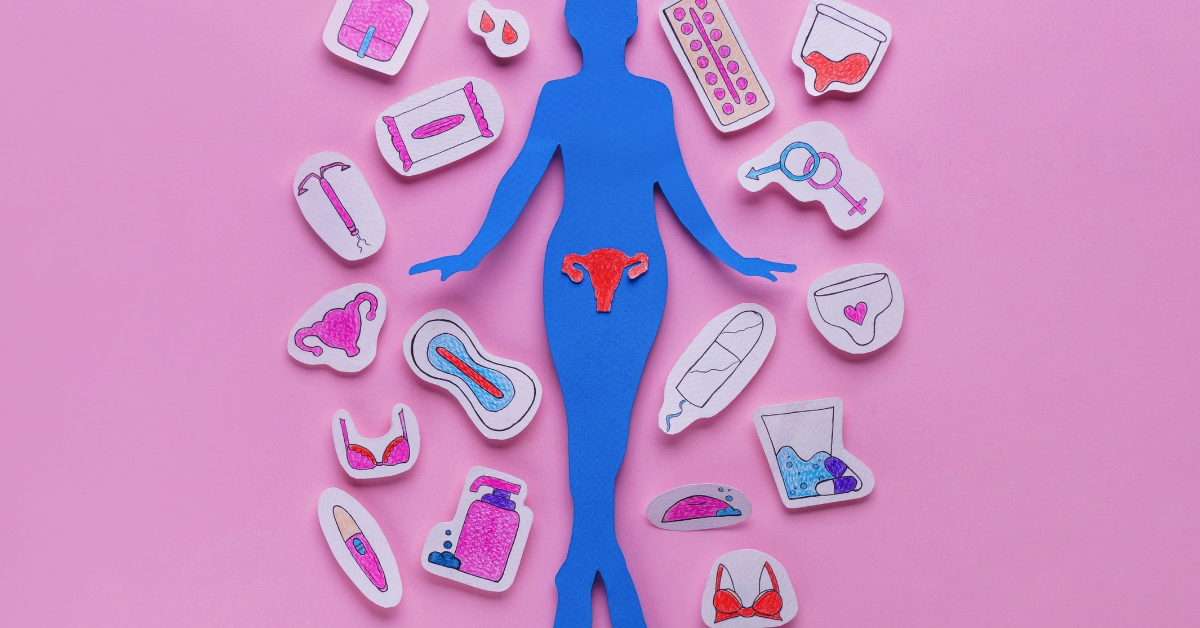Let’s be honest—talking about reproductive health isn’t always easy. But more couples are starting to open up about it, especially with so many natural and supportive options out there. Whether you’re trying to conceive now or just want to keep your body in tune for the future, there’s more than one way to approach fertility.
In places like Los Angeles, where wellness is more than just a trend, couples are combining traditional medicine with holistic habits. It’s not about being perfect or doing everything at once. It’s about working with your body, not against it—and making small changes that can have a big impact.
Nutrition and Fertility
There’s no miracle food that flips a fertility switch. But over time, what’s on your plate can influence your hormone levels, menstrual health, and even sperm count.
Think real, whole foods. Fresh veggies, fruits, healthy fats, whole grains—simple, colorful meals that fuel your system. Certain nutrients like folate, iron, zinc, and omega-3s have all been linked to better reproductive function.
And it’s not just about what you add. Cutting back on processed snacks, sugar-loaded drinks, and too much caffeine can help your body regulate itself more smoothly. Staying hydrated and keeping your gut happy can also play a quiet but important role in how your hormones behave. It’s not about perfection. It’s just about progress—and consistency.
Reducing Environmental Toxins
It’s easy to forget how much the environment affects human health. But many everyday items—like plastic containers, chemical-laced cleaners, and certain beauty products—contain endocrine disruptors that can quietly interfere with hormone balance.
Start switching out little things. Try glass containers instead of plastic. Use fragrance-free or natural personal care items. Filter your drinking water. These changes may seem small, but they can lower your exposure to toxins over time.
You don’t need to obsess. Just be mindful. Even small steps help reduce the chemical load your body has to handle—giving your hormones a clearer path to do their job right.
Revisiting Past Decisions with Compassion
Sometimes, life changes in ways no one expects. What once felt like the right choice may no longer fit a couple’s current path. This is especially true for those who chose a vasectomy in the past but now want to grow their family.
Thanks to surgical advancements, options like vasectomy reversal in Los Angeles allow men to restore fertility through a precise microsurgical procedure. It’s a natural approach that gives couples a second chance—without relying on hormone treatments, lab processes, or invasive medications.
Still, many people aren’t aware this option exists. Too often, couples are quickly steered toward IVF without fully understanding all their choices. But in some cases, a reversal may lead to natural conception, offering a simpler and more personal route to parenthood. This path isn’t for everyone, but it’s one worth knowing about.
Stress Management and Emotional Wellness
Stress can creep in quietly, but its impact is loud. It throws off sleep, mood, digestion—and yes, your reproductive system.
When the body feels stressed, it produces cortisol. Over time, high levels of this stress hormone can lower libido, delay ovulation, and even affect sperm quality. That’s why managing stress isn’t just for peace of mind—it’s part of the fertility conversation.
Try simple tools like mindful breathing, gentle movement, or journaling. Even just unplugging from screens in the evening can help calm the nervous system. Couples often find that talking openly—whether with each other or a professional—can take pressure off the journey and build emotional closeness. Your mind and body are on the same team. When one feels safe, the other responds.
Synchronizing Cycles and Natural Timing
Fertility isn’t random—it follows a rhythm. Understanding that pattern can make a world of difference.
For example, many women start by tracking ovulation using simple tools like basal body temperature, cervical fluid observation, or ovulation strips. These methods reveal fertile windows and help time intimacy for the best chance of conception.
It’s not just helpful—it’s empowering. When couples tune into the body’s signals, they feel more connected and in control. And for some, that knowledge alone can ease the tension that often comes with trying to conceive.
Conclusion
Every fertility journey is different. Some paths are quick. Others take time. What matters most is that couples feel informed, respected, and supported along the way.
Holistic care is about the full picture—food, stress, habits, timing, and healing. It’s not meant to replace medical help. It’s intended to work beside it. Together, these approaches help couples feel more in tune with their bodies, choices, and each other.
When awareness grows, so does hope. And with the right support, that hope can turn into something beautiful.







